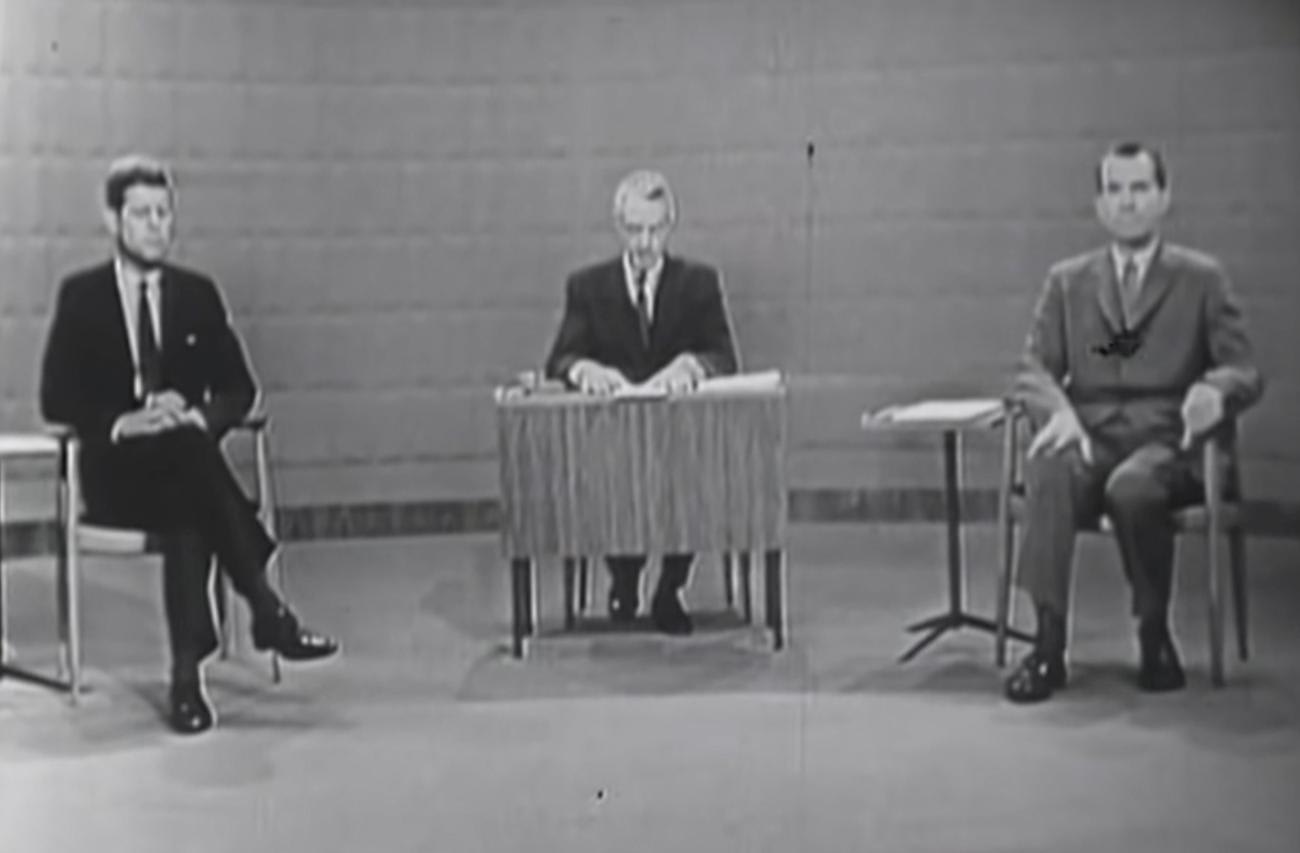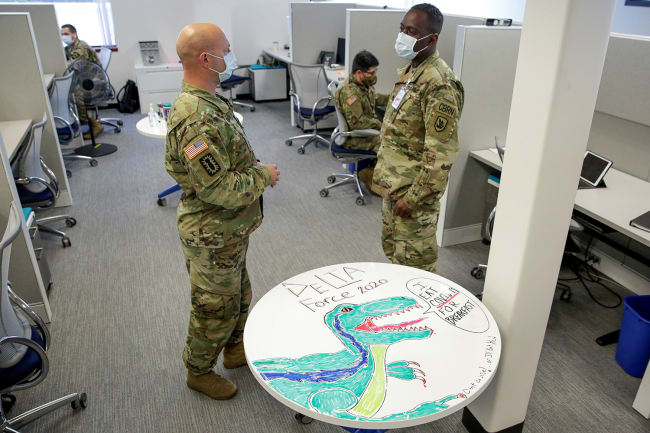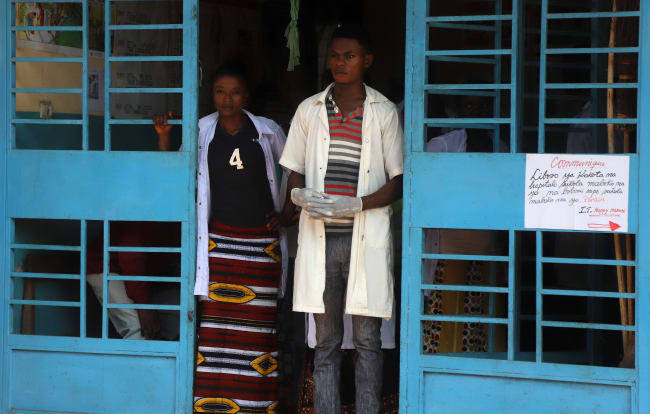Modern medicine produces "miracles" every day, yet at the same time, many people do not trust it. This lack of trust has profound implications for health, and for the institutions and professionals that manage global health. Adequate funding, recruitment and retention of talent, and adherence to best practices in public health all depend on trust.
Social-Political Trends Impact Trust
Declining trust in public health is rooted in dynamics that run much deeper than attitudes toward health care. At their core, public attitudes are shaped by political, social, economic, and communications trends. These dynamics vary in different parts of the world.
In most Western democracies, for example, starting in the 1970s, the public became more inclined to evaluate political candidates based on their character versus their ideologies and parties. Like in today's digital media, fifty years ago, television played a major role in changing the political dynamic. Television allowed candidates to bypass political parties and leaders and beam directly into the living rooms of voters, creating a more personal relationship.
Starting in the 1970s, the public became more inclined to evaluate political candidates based on their character versus their ideologies and parties
The focus on personality helped give rise to identity politics—that is, voting with groups and individuals who reflect, and help shape, personal identity. Social media, driven by algorithms that reward high online engagement, has continued to fuel identity politics. At the same time the rise of populism in many Western countries, created by economic inequities and waves of new immigrants, has led to deep political polarization between urban and rural voters that reflect differences in cultures and values.
Now, the working class, which was once seen as hard-working and productive, is viewed as downwardly mobile and poor. This, in turn, has created anti-elite attitudes among the working class, who often live in small towns and rural areas across the United States.
All these trends—identity politics, the rise of populism, and anti-elitism—manifested over the last half century have combined to undermine trust in all institutions, including health. Running counter to this is enormous progress in medicine and the delivery of health care. Most Americans still have a fair amount of confidence in medical scientists (78 percent), according to groups surveyed the Pew Foundation, just above the military (74 percent).
That said, there is clear evidence that trust is declining—and during the COVID-19 pandemic, trust dropped significantly. About a third of the American public espouses conservative populist views rooted in anti-elitism, and in the United States, there is a large cohort of people predisposed not to believe advice from medical experts. Identity politics make it more difficult to find ways to reach this large segment of the population.

Global Differences in Trust
When it comes to trust in science and health professionals, research shows there is significant variation between different regions of the world. The Wellcome Global Monitor's Trust in Scientists Index provides data by country and insights into factors associated with trust. Two of the most important are whether science is learned in school and the level of confidence in prominent national institutions like the executive and the judiciary. More economically unequal societies generally have lower trust in scientists.
How citizens interact with health care varies greatly from country to country, and where individuals live factors significantly into the level of trust they have in health professionals and institutions. Inequities in access to quality care are important, but are by no means determinative of levels of trust. Studies on vaccine hesitancy show high levels of trust in scientists and vaccines in many low-income countries, but low trust and greater hesitancy in some high-income countries. For example, France has one of the highest vaccine hesitancy rates in the world, where one in three people disagree that vaccines are safe. In Bangladesh and Rwanda, there is near universal agreement on the safety and effectiveness of vaccines.

Making the Case for Reform
All these factors were present well before COVID-19 struck in late 2019. One could argue that this pandemic is a double-edged sword. One side is the further disillusionment caused by the early failure of global health institutions to respond adequately. The other side is the bright light the pandemic cast on the importance of public health. The questions going forward: do we now have an opportunity to improve trust by reforming institutions and better educating the public? Or will the cynicism toward institutions continue to reduce confidence in public health?
Certainly, the sociopolitical trends at play today, and the experience people have with the health-care system in their communites, play major roles in how much confidence people have in public health institutions. So too does the performance of these institutions. There are several efforts underway to improve institutions, including major multilateral organizations like the World Health Organization (WHO) and U.S. domestic agencies like the Centers for Disease Control and Prevention (CDC). The 1918 influenza pandemic, which killed at least 50 million people, resulted in many positive changes to health care. It was a major boost to universal health care as governments and health institutions realized that they needed to treat at the population level and not just individuals. Modern medical schools and the practice of epidemiology took off at this time. In the aftermath of COVID-19, we have an opportunity to reform public health institutions.
Overcoming Obstacles to Trust
As history has demonstrated, populism will play out in the conduct of politics, and authoritarian governments will rise and fall. I am convinced that long-term, trust in institutions is strengthened by free and open societies. Today, however, there are examples of great social cohesion in countries with less freedom. In the end, trust in public health institutions depends on trust in authority and in science. Every government has an important stake in working to strengthen this trust.
All stakeholders in public health need to collaborate on ways to best address many of the obstacles to trust, such as teaching science in school because it correlates closely with trust in health institutions. Increasing community engagement and strengthening partnerships between governments, civil society, the private sector, and academia is critical. Providing greater access to treatment and equity in health care will improve patient care and generate trust. Reforming our multinational, national, and local public health institutions to make them more responsive, transparent, and effective will drive confidence in health systems. Improving health communications should be a core element of any plan to build public confidence in public health.
Established players in public health should devote additional resources to respond to these challenges. New initiatives should be launched to bring attention to this crisis and serve as venues for collaboration among stakeholders.













